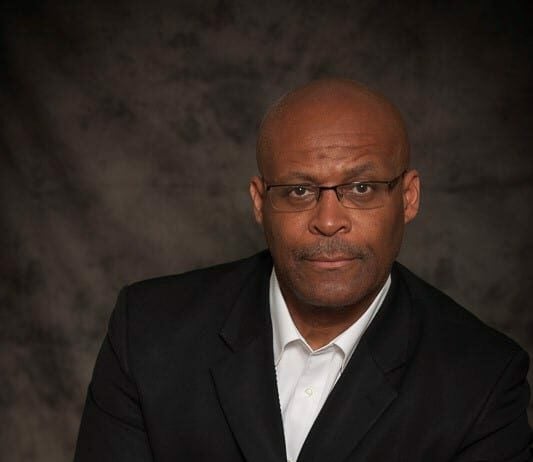Have you heard the latest conspiracy theory? Critical Race Theory (CRT) is being taught in our schools! Or is it really? There is currently a socio-political movement to ban CRT from all educational curriculums because it apparently promotes racial division, there’s an apparent misunderstanding, however, in determining exactly what we’re talking about when it comes to CRT. American academic, author and activist Marc Lamont Hill on his show, Black News Tonight, interviewed Rep. Vernon Jones about this issue. Hill asked Jones to explain for his viewers what CRT actually is, the interview then took a turn for the worse. Many discussions concerning race follow this predictable nonproductive pattern, typically due to lack of understanding on its various aspects of influence. Hill’s simple request for clarity elicited a defensive response from his guest, who then resorted to deflection, which eventually turned into name calling. After continuing interruption tactics, Hill was triggered, killed the guest’s mic, and in retaliation, proceeded to unload on Jones. Hill then explained the following meaning of CRT:
Critical race theory (CRT), originating in the mid-1970s, an intellectual movement and loosely organized framework of legal analysis based on the premise that race is not a natural, biologically grounded feature of physically distinct subgroups of human beings but a socially constructed (culturally invented) category that is used to oppress and exploit people of color. Critical race theorists hold that the law and legal institutions in the United States are inherently racist insofar as they function to create and maintain social, economic, and political inequalities between whites and nonwhites, especially African Americans.
Just how knowledgeable were you specifically on CRT before reading this? Let’s compare CRT to the explanation of Race ideology:
Racial classification systems were developed in the 1600s as Europeans explored and colonized the globe and found that there were physical differences between people. These classifications were used to justify colonization, conversion, slavery and genocide. According to these systems, white skin was the standard and dark skin was associated with intellectual inferiority and slowed development.
As a mental health counselor, many of my clients are youth and families on both ends of the racial spectrum. I am in their respective schools often, collaborating with their teachers, staff and administrators in addressing ineffective behavioral issues. I haven’t had any of the youth I work with tell me about CRT or race ideology. They use racial terms, however, amongst their peers in culturally endearing or offensive ways, determine and categorize their friends and enemies by racial category but that is the extent and use of their knowledge base. I participate in many classroom observations and haven’t seen these concepts taught, nor have I seen it listed in school curriculum.
As a consultant, I present and consult on race ideology and its mental health impact on systems: education, employment, financial, judicial, public safety, health and other areas of systemic impact. I find the average adult’s lack of knowledge very apparent when discussing objectively the effects of race ideology in their organizational environment. Here are some basic questions you need to know in order to be effective in future discussion:
- Is race genetically valid or a social construct?
- What are the roles of color in race ideology?
- How and when was race ideology created?
- What was race ideology designed for?
- Are you your color, or are you your culture?
Not knowing the answers to these foundational questions, will ultimately set you up for failure in effectively addressing race and diversity. It is this lack of knowledge of race ideology and its impact that is contributing to the systemic disparities our community suffers from.
Between the concepts of CRT and race ideology, which one originated first? Which one actually teaches racial division? Should we be focusing our efforts on CRT, or the actual ideology of race itself? If you ever find yourself in this discussion, ask the name of the school, who the instructor is, and the name of the class or course specifically. Then ask the person(s) to describe the difference between CRT and race. Let’s address the real issue, not the distraction.
George Middleton is a mental health counselor and author of three books addressing the connection between mental health and the social impact of the race construct. Contact him at gmmusique@cs.com.








